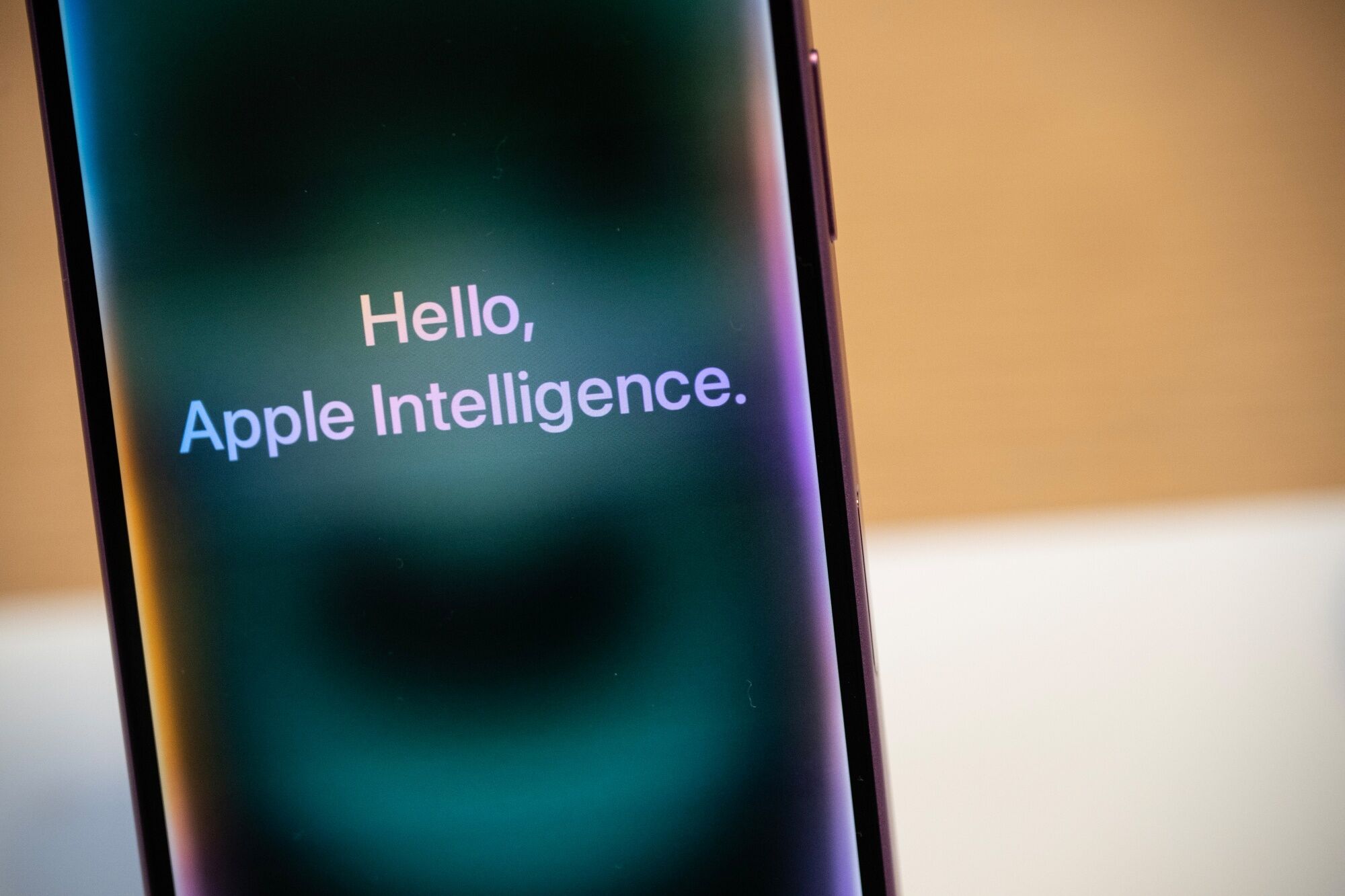Apple’s anticipated AI-enhanced Siri did not appear at WWDC 2025, sparking questions about the delay. However, two senior Apple executives have since addressed the postponement and shared insights into what’s next for the digital assistant. Apple originally unveiled its AI-powered Siri in June 2024, demonstrating how the assistant could operate seamlessly across apps on a device.
Quality Concerns Prompt Delay
In March, Apple confirmed the delay. In an interview with The Wall Street Journal, Craig Federighi, Apple’s Senior Vice President of Software, and Greg Joswiak, Senior Vice President of Worldwide Marketing, explained the reasons. Joswiak emphasized the company’s commitment to quality, stating, “We don’t want to disappoint customers. We never do, but it would have been disappointing to ship something that didn’t hit our quality standard that had an error rate that we felt was unacceptable.”
Federighi added that the feature “didn’t work reliably enough to be an Apple product,” and highlighted that rival AI assistants still struggle with reliably automating device processes.
In separate interviews with TechRadar and Tom’s Guide, Joswiak confirmed the AI Siri features won’t arrive until 2026. Earlier statements about a “coming year” release had caused some confusion regarding the exact timeline.
This delay suggests the upgrade might be introduced in a later update of iOS 26 or possibly with iOS 27. Federighi reassured, “We will announce the date when we’re ready to seed it.”
Technical Challenges Behind the Scenes
Apple revealed that the delay stems from challenges with the underlying architecture. Federighi explained that the company was developing two versions simultaneously. The initial architecture (V1) was pushed as far as possible, but to meet Apple’s high standards, they decided to switch to a more advanced “deeper end-to-end architecture” (V2).
He said, “If we tried to push out V1 in its current state, it would not meet our customer expectations or Apple standards, so we had to move to V2.”
In a conversation with YouTuber iJustine, Federighi confirmed Apple plans to eventually deliver all previously announced AI Siri features, including deeper device awareness and multi-app interaction. For example, Siri could locate a driver’s license photo in Apple Photos and automatically fill out corresponding form fields online.
Federighi cautioned that Apple will hold off on announcing additional features until the product is truly ready for launch.
What The Author Thinks
While the delay may frustrate eager users, Apple’s cautious approach underscores its commitment to delivering a polished and reliable AI assistant experience. Rather than rushing incomplete features to market, Apple is investing in architecture that can truly enhance Siri’s capabilities across devices. This strategy could help differentiate Siri in a crowded voice assistant market and avoid the pitfalls seen with competitors who prioritize speed over quality.










